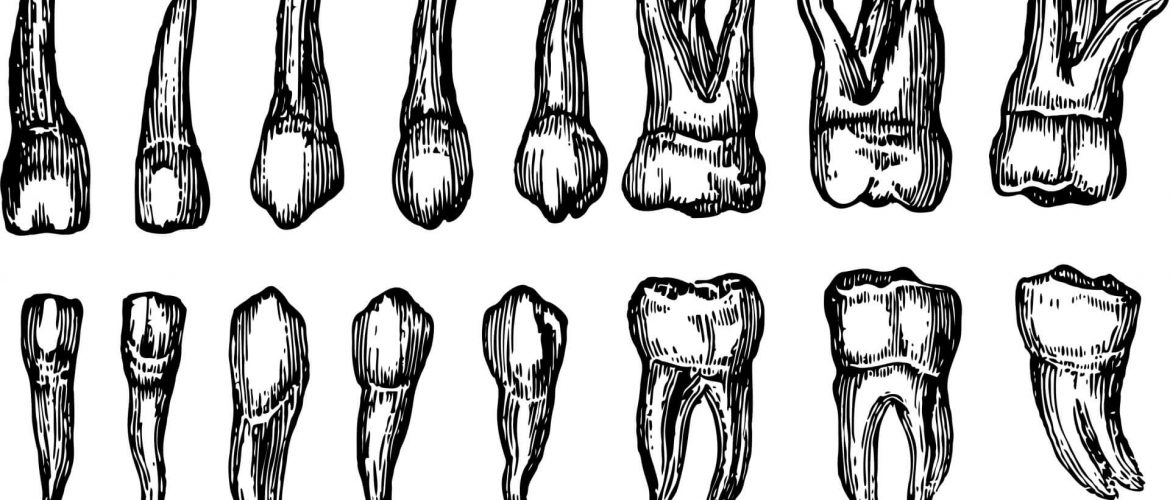“Man’s inhumanity to man” has no boundaries as evidenced by a recent news item reported by an Australian News provider. It seems that a 34-year-old dentist, with quite a remarkable standing in his community, was recently found guilty of healthcare fraud for performing involuntary dental surgery on helpless elderly nursing home residents.
Without any display of moral conscience, this dentist destroyed the teeth of 69 elderly patients from five nursing homes the oldest was 99-years old! Out of the 69, only 17 had t he mental capability of giving informed consent; and, even those 17 were not asked, but literally assaulted as this monster dentist ground down and destroyed their teeth under the guise of preparing them for dental crown placement. This “rogue” dentist did all of this in a short six-week period so that he could claim $4,250 per patient in government funding.
he mental capability of giving informed consent; and, even those 17 were not asked, but literally assaulted as this monster dentist ground down and destroyed their teeth under the guise of preparing them for dental crown placement. This “rogue” dentist did all of this in a short six-week period so that he could claim $4,250 per patient in government funding.
The dentist was actually charged and pled guilty to several counts of “assault occasioning actual bodily harm in respect of the patient” along with charges for the healthcare fraud and the people he harmed.
Ironically, the irreparable harm the dentist did to these helpless elderly people was not considered ghastly enough to cause him to serve his two-year sentence behind bars. Instead, the court is allowing him to serve his time “by way of an intensive correction order.” And, after that two-year period, he may be allowed to practice dentistry again.
While it is hard to imagine this kind of disregard for humanity, fraud involving dentistry is not unheard of in some of America’s nursing homes. A report several years ago by The New York Times reported that poor “dental hygiene within nursing homes is ‘epidemic.’” And, that same report went on to say that many nursing home residents experience “gum disease, cracked teeth and cavities” mostly because of poor dental hygiene.
While more attention is being paid to a resident’s dental care, there is still room for improvement. Bad breath and cavities are often evidence of an underlying problem that can lead to serious health issues. So, the need to have staff members trained and able to deliver regular dental hygiene to residents with dementia, and to aid other residents in their personal dental care is something nursing homes may need to pursue in the effort to provide quality care and services for the highest well-being.
































































